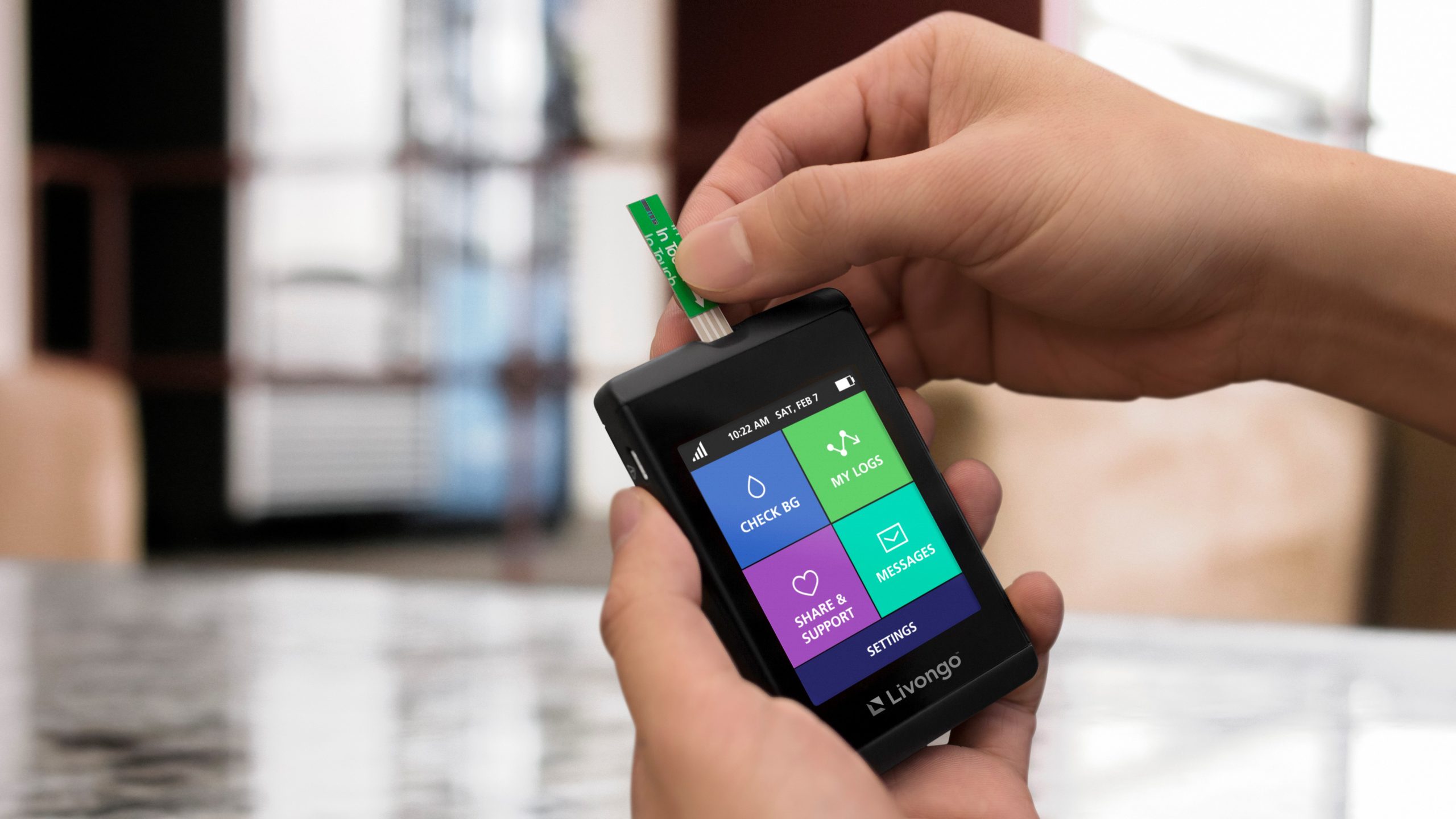Livongo’s diabetes solution impresses in latest study

Digital health company Livongo has impressed in a recent study of its diabetes management tool.
The company is just one of a handful of digital health pioneers whose disease management platforms are beginning to mature - and diabetes will be the biggest market for these products.
At the core of the Livongo for Diabetes Program is the company’s blood glucose reader which gathers insights from readings to provide real-time personalised tips for patients.
This data is automatically transmitted to an accompanying app and can be shared with family members.
It can also be sent to Livongo coaches who can then contact users if blood glucose readings are too high (hyperglycaemia) or too low (hypoglycaemia).
The idea behind Livongo’s solution is to improve successful intervention in both cases of hypo- and hyperglycaemia. By doing so, diabetes patients can avoid unnecessary hospital visits and missed work days whilst lowering healthcare costs.
New data published in the Journal of Medical Internet Research shows that Livongo members experience a decreased likelihood of high or low blood glucose readings.
Specifically, users experienced an average 16.4% and 18.4% decrease in high and low blood glucose readings respectively.
“Diabetes is an incredibly complex condition and our ability to improve clinical outcomes while reducing the rate of low blood glucose readings is critical,” said Dr. Jennifer Schneider, Chief Medical Officer of Livongo. “Out-of-range blood glucose readings are well-recognized barriers to achieving good control.”
The sheer scale of the diabetes market, twinned with the fact that very many patients are failing to adequately control blood glucose levels, makes it ripe for digital health solutions. This means pharma companies are beginning to take notice on the growing evidence base for these new patient-support technologies.
Most notably, Roche recently acquired its long-term digital diabetes partner mySugr after the release of impressive real-world data.
mySugr’s self-titled app led to average blood glucose levels across 440 patients dropping by almost 20%. It also led to an average drop in A1C levels – a factor used to diagnose diabetes – of 1.3%.
One of Roche’s biggest diabetes competitors, Novo Nordisk, is also ramping up its interest in digital diabetes solutions. The firm recently released a diabetes management app with its ongoing partner Glooko. The Cornerstones4Care Powered by Glooko app will act as a framework for future digital tools developed by the two companies.












